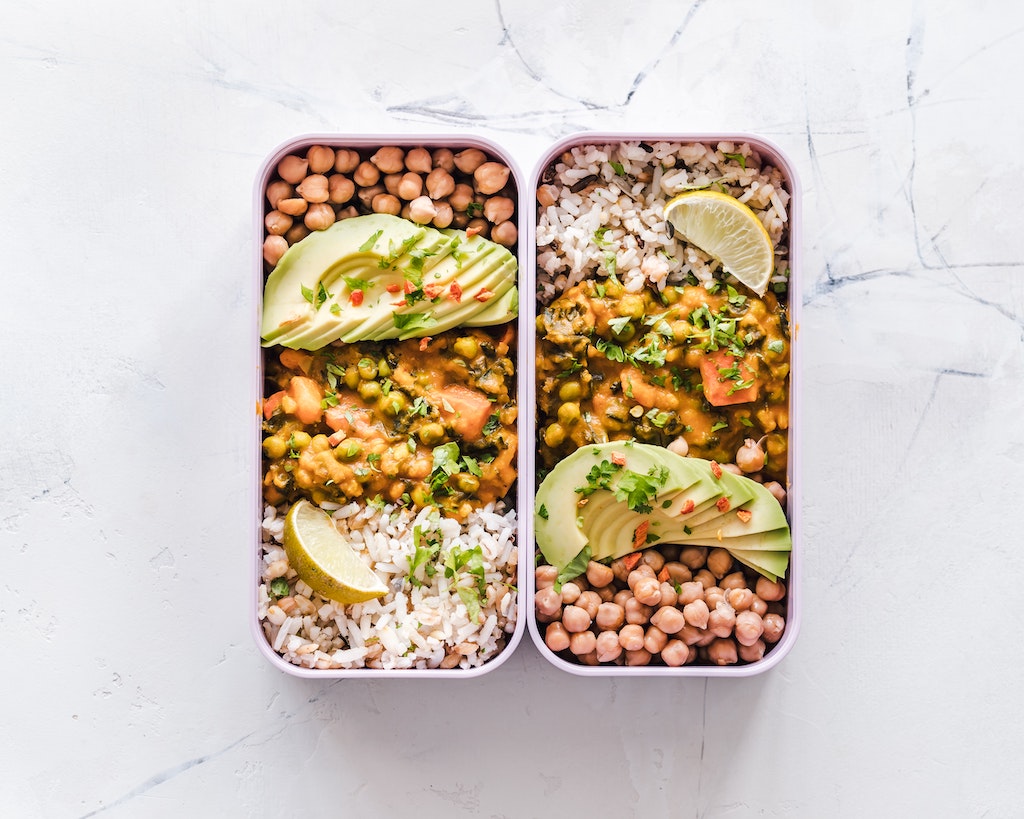3 Mins Read
Vegan food purchases are growing at an incredible rate, trend experts shared in a recent insights panel. Based on data from Deliveroo and Instacart, as many as half of food delivery platform users are now buying vegan products. Experts from both companies expect this demand to continue surging in the post-pandemic world.
At a recent event hosted by the Vegan Women Summit (VWS), on-demand delivery experts shared their trend insights on the plant-based industry. The panel featured California-based Instacart’s trend expert Laurentia Romaniuk, and Elena Devis, the vegan category lead at delivery giant Deliveroo.
The main takeaway was the rapid rise of vegan food. According to data from Deliveroo, up to half of consumers’ shopping baskets contain vegan items. For Instacart, around one-third of purchases have a vegan dairy or meat product.

Vegan food purchases dominating delivery platforms
“During our Veganuary partnership, 50% of Deliveroo grocery orders contained vegan items, while 35% of fine-dining restaurant orders contained vegan items,” shared Devis.
Romaniuk added that plant-based milk was the most popular vegan item of choice for Instacart consumers.
The mainstreaming of vegan food was a focus point during the discussion, which was led by VWS founder Jennifer Stojkovic. Nowadays, what used to be considered niche purchases are increasingly taking up the share of mass consumers’ shopping baskets.
For Devis, it’s down to the rise of the part-time vegan population. “Half of the U.K. population are expected to have a flexitarian diet by 2025,” she noted.Globally, a Euromonitor survey estimates that as many as 42% of shoppers around the world are now flexitarian.

People are searching for ‘vegan’ rather than ‘plant-based’
Another key trend both experts highlighted was the term “vegan” as opposed to “plant-based” or “meatless”. When looking for meat and dairy-free dishes, shoppers are simply inputting “vegan” into the search bar.
“Some people are concerned that the word vegan puts people off, but the data shows the search term vegan is used five times more often than plant-based,” explained Devis.
Romaniuk agreed, saying: “It’s not plant-based, it’s not meatless. It’s vegan and vegetarian.” She added that brands and companies should use the term vegan to help consumers find their products.
Deliveroo had previously released data showing the incredible rise of the term “vegan”, noting that this category had experienced triple-digit growth rates in multiple countries.

Plant-based online buying is a long-term trend
Wrapping up the deep dive panel, the experts highlighted that the plant-based trend won’t be going anywhere. What began as a pandemic-driven trend is now going to become a long-term habit for many consumers.
Their insights align with survey results from ADM. In the poll, 92% of first-time plant-based meat buyers said they plan on continuing to do so after Covid-19 subsides.
Both Romaniuk and Devis specifically emphasised the growth in online plant-based buying. Consumers aren’t just buying more vegan food, but buying it via on-demand grocery channels. In the survey conducted by Instacart, 77% of their users who started buying groceries online in recent months said they have no plans to stop.
What this means for plant-based brands to succeed, says Devis, is that they “must make sure to have an online presence.”
Lead image courtesy of What the Pitta UK via Facebook.




